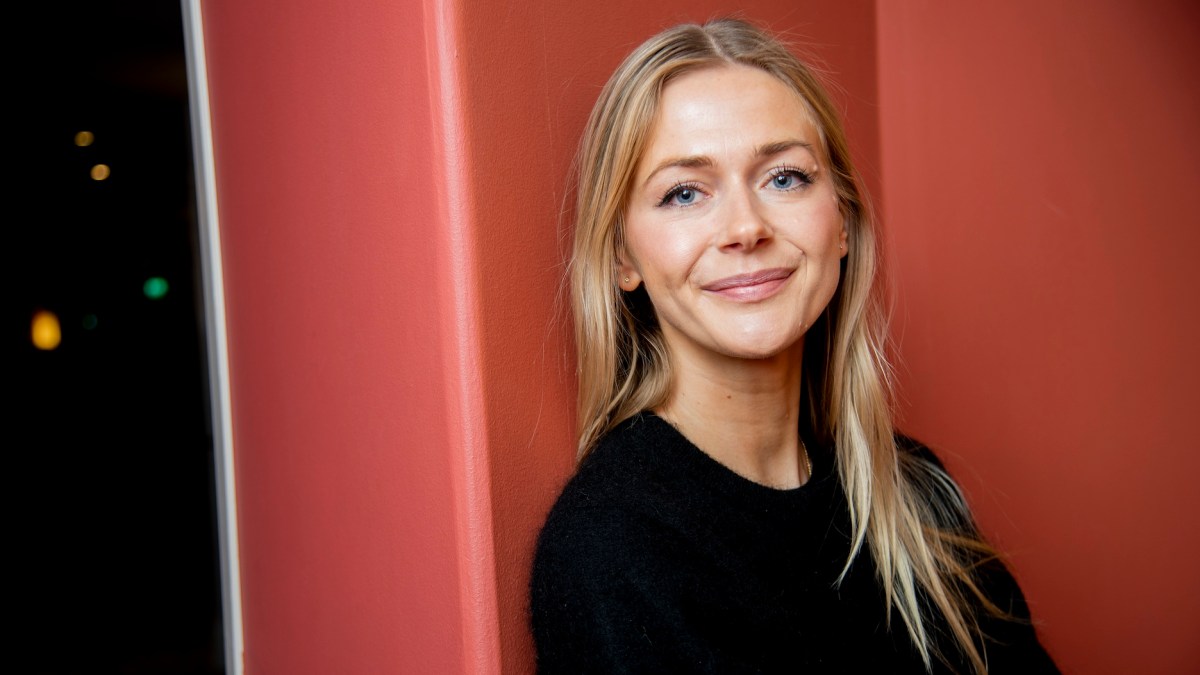
Kost Capital, a new Danish venture capital fund, is out to bring better food to more people.
General partner Bodil Sidén started the firm with LPs Kasper Hulthin, Christian Tang-Jespersen, Mark Emil Hermansen and Jacob Lee Ørnstrand.
Kost, which means “diet” in the Scandinavian language, however, it will most like be difficult to stick to one while working there. That’s because Kost Capital shares space with Kost Studio, a food development studio that doubles as a test kitchen for universities and markets to collaborate and develop novel food products.
Sidén declined to say how much of the €25 million was raised so far, but did say backers include Danish sovereign fund EIFO and Kost’s founding limited partners.
Kost Capital invests in pre-seed and seed startups across Europe, focusing on B2B inputs in the future of food. It has already made three investments: Estonian palm oil replacement company Äio, Numi, a French infant formula company and Danish ingredient company Nutrumami.
Sidén’s journey to venture capital started in a quite unique place. She was in Swedish politics as a member of the Moderates’ national party board, a press secretary to the Fredrik Reinfeldt government and worked for the Swedish ministers.
“I’ve always been very passionate about societal change — my parents are migrant teachers, so I’ve always been very much exposed to justice and global issues,” Sidén told TechCrunch. “Then I joined the world of tech, working on communications in the Nordics for Uber where I learned everything about big tech and how you scale tech companies and marketplaces from a local setting.”
She then partnered with two Uber colleagues to form a venture capital fund in Stockholm that did hands-on company building. For example working with technical companies that lacked a way to commercialize.
After two funds, Sidén got into contact with the investors behind Kost, who were looking for a general partner to help build a platform and setting strategy. That’s what they have been doing for the past year with the help of senior associate Paul Archambeau, she said.
Kost’s investment thesis takes a nod from Sidén’s political origins and from the notion that food is powered by the bioeconomy. Acknowledging a growing population, climate change, food waste, health issues and policy changes, Sidén says more funding is needed into food tech.
“Looking at the five coming years, all macrotrends speak for it, and it’s so under invested,” she said. “If you look at where the money has gone, it’s actually like logistics and brands and not even food. It’s a massive opportunity, and hopefully also generalist VCs will come back into the space. They took a few hits in the beginning with a lot of B2C, and it was hard to assess different types of business models, but I think that might change now.”
That said, one of Sidén’s milestones is for Kost to “be the best co-investor in Europe” with food tech and generalist investors looking for a firm with scale-up expertise and food-specialized abilities.
Meanwhile, food tech is having a moment in Europe. Not only are we seeing larger-than-average investments being made, for example, into Infinite Roots, which makes proteins from mycelium, but more funds being raised as well. This week, Eatable Adventures, an accelerator helping to create and support food tech in Spain and Italy, said it closed on half of a €30 million investment vehicle called Europe Foodtech Acceleration Fund I SCSp.
We are also seeing more government support. For example, the United Kingdom is sinking £2 billion into biotechnology, particularly around food. The European Union has its own €50 million plans to scale precision fermentation, while Aleph Farms was granted regulatory approval in Israel for its cultivated meat.





